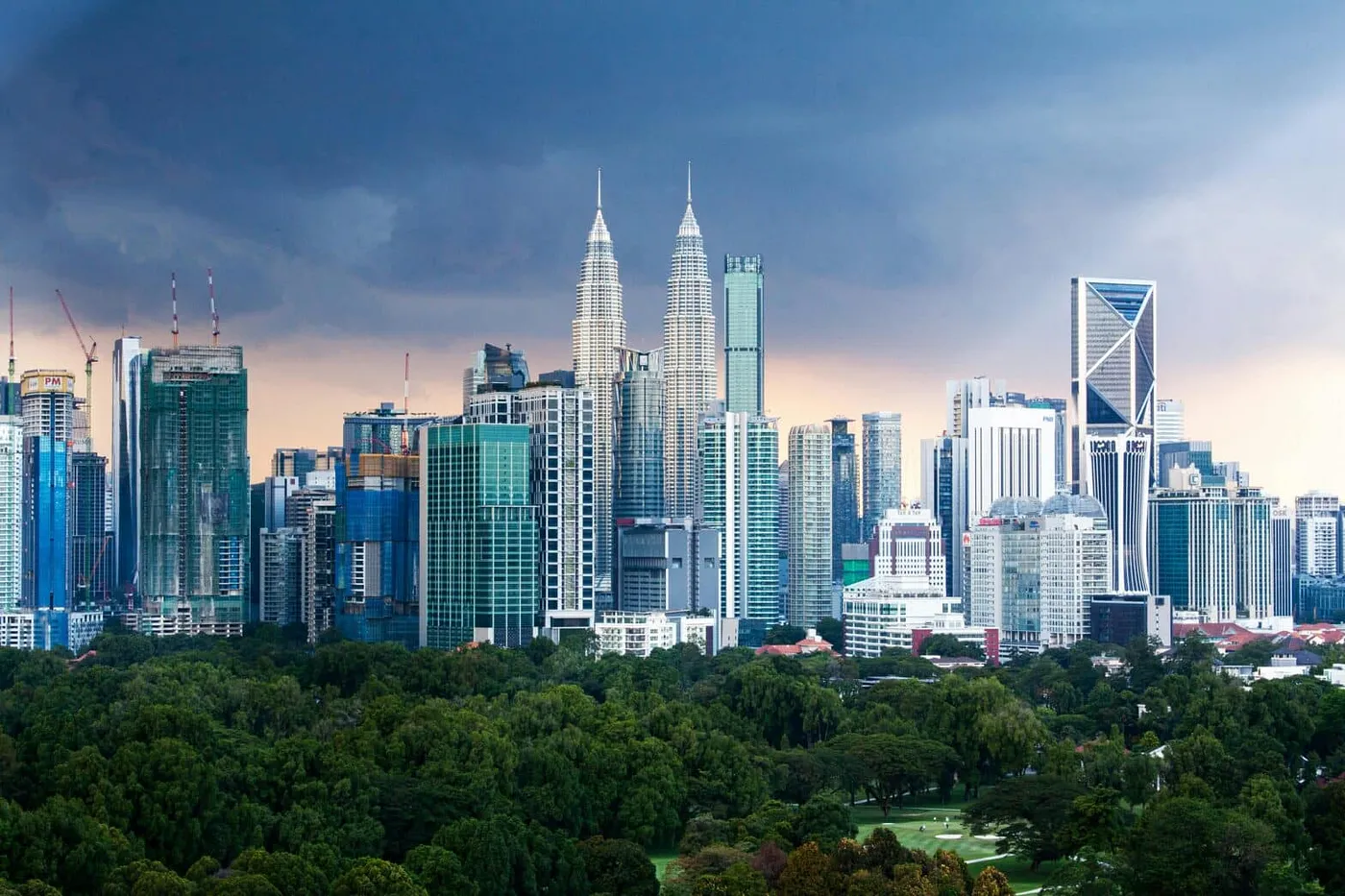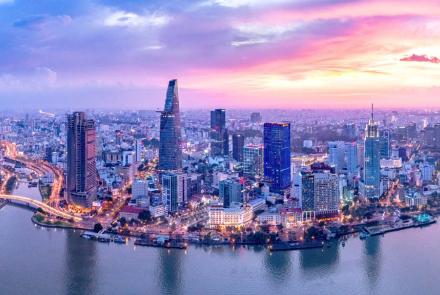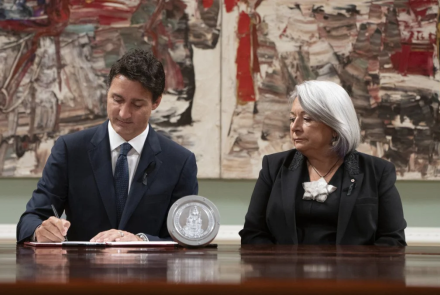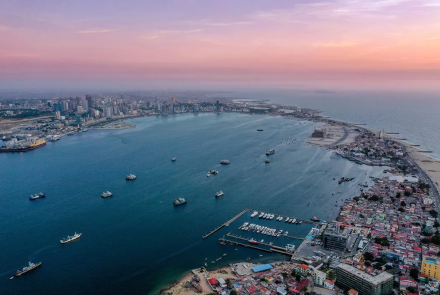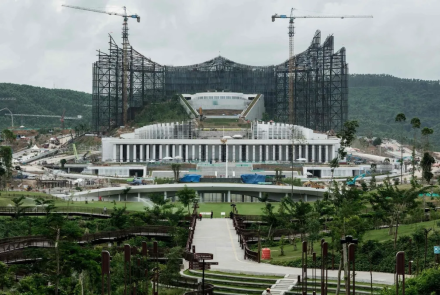Has This Asian Tiger Cub Grown Up Yet: Malaysia’s Turn in the Spotlight
During the 16th BRICS summit in Kazan, October 2024, the organisation continued to expand its membership, by admitting 13 nations to become BRICS partners. Short of full-membership, the partnership status enables each nation to participate in all summits and increase trade ties. Malaysia being one of the 13 nations to gain this status, marks the growing significant role of the nation in geopolitical and economical terms. Especially considering the number of other organisation memberships Malaysia holds (RCEP, CPTPP, East Asia Summit, APEC, D8 and ASEAN).
Alongside becoming a BRICS partner state officially on 1st January 2025, Malaysia will also be chairing ASEAN (Association of South East Asian Nations) throughout the year.
Key Definitions:
During the late 20th Century, Asia was the site of rapid economic development between the 1960s — 1990s. This resulted in the emergence of Japan, the Four Asian Tigers (Singapore, South Korea, Taiwan, Hong Kong) and China. Due to an influx of foreign direct investments (FDI) and the coordination between governments and corporations, this resulted in these nations achieve consistent economic growth and improved income levels.
The tiger cub economies refers to five newly industrialised nations in South East Asia, consisting of Indonesia, Malaysia, The Philippines, Thailand and Vietnam. These nations are trying to chart a similar path of economic development as their East Asian neighbours. This would be done by implementing similar state-led policies, attracting FDI and diversifying their economies from relying solely on their natural resources. So they can develop their manufacturing sector. All five nations are vying to become the next tiger economy.
Domestic Economy:
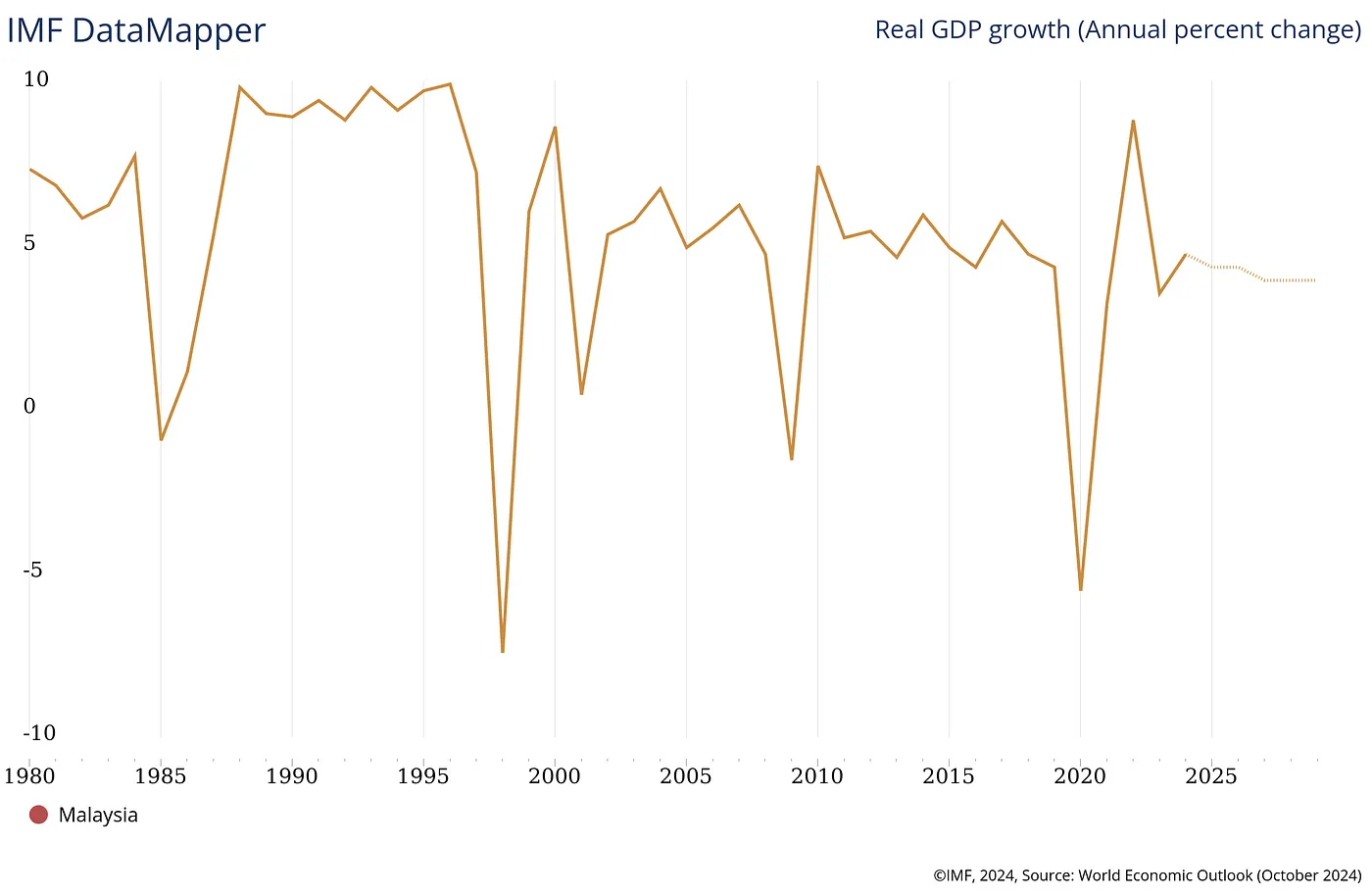
Figure 1 - Malaysia's GDP between 1980-2024 (IMF, 2024)
Despite experiencing some economic setbacks ( i.e., 1997 Asian Financial crisis, 2008 global financial crisis, 2020 Covid crisis), Malaysia has managed to quickly recover from each setback. The nation recently achieved a GDP growth of 4.9% for 2024 (Figure 1). Moreover, the nation is expected to achieve 4.7% growth in 2025 (OECD, 2024).
This would be due to strong domestic demand, new trends in technology intensive sectors and the anticipated rebound in exports, will attract private investments despite higher financial costs. However, exports are subject to external shocks (protectionist measures and geopolitical factors).
In the case of inflation, it is expected to remain moderate amidst easing global supply constraints and commodity prices, despite the government’s decision to withdraw energy subsidies.
According to a World Bank report (2024), key labor market indicators in Malaysia have improved, with the national unemployment rate remaining steady at 3.3 percent in Q2 2024, similar to pre-pandemic levels.
However, skill-related underemployment (SRU), where individuals with tertiary education work in semi-skilled or low-skilled jobs, has grown significantly over time. Addressing the challenges driving SRU require strategies such as aligning education with industry demands, enhancing Malaysia’s competitiveness, and supporting lifelong skill development. The Malaysian ringgit has appreciated 11.4% year-to-date against the US dollar, rebounding from its depreciation in 2023, making it one of the strongest-performing currencies in the EAP region.
Malaysia saw higher net foreign direct investment (FDI) inflow in Q2 2024 compared to last year, primarily directed into the services sector. To enhance investor attraction into Malaysia, there are ongoing efforts to minimise operational restrictions and develop Special Economic Zones.
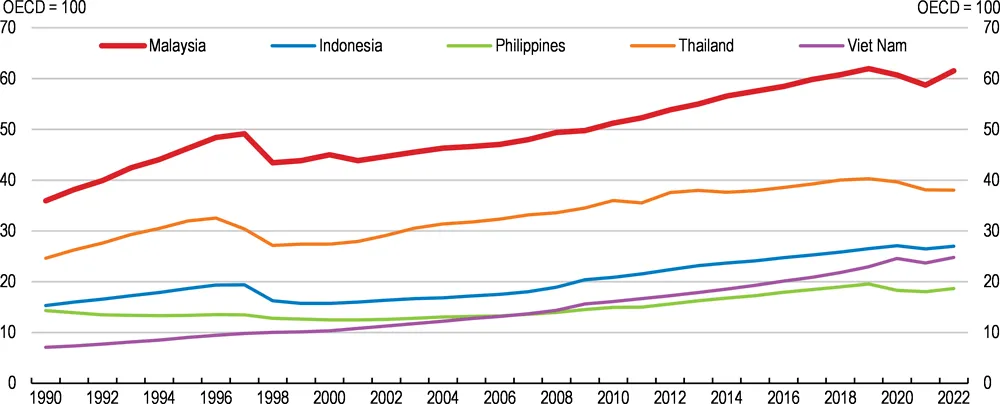
Figure 2 - Malaysia's GDP Per Capita report (OECD, 2024)
Malaysia continues to be ahead of its regional peers, in terms of per capital incomes and has maintained this lead (Figure 2), according to a 2024 OECD country report. Highlighted by these data sets and trends, Malaysia is on the cusp of becoming a high-income economy (tiger economy).
Malaysia continues to attract FDI and government support towards developing its semiconductor, data centre hubs and the automotive sectors.
- Semiconductors Sector — 28th May 2024: Malaysia’s semiconductor industry will receive more than $100bn (RM467bn) in investment towards manufacturing equipment and integrated circuit design.
- Malaysian Prime Minister Anwar Ibrahim stated that the investment would go towards boosting the country’s position in the global chip supply chain. The country’s government has already allocated around $5.3bn towards meeting these goals, but Anwar did not give a timeframe for the full amount to be invested.
- Anwar also stated that Malaysia hoped to found at least ten design and advanced packaging chip companies with a $200m to $1bn revenue, Moreover, Malaysia stated that it currently accounts for 13% of chip testing and packaging worldwide.
- Data Centre Hubs Sector— 23rd December 2024: Malaysia has ended 2024 as Southeast Asia’s top data centre hub with $23 billion investments, solidifying its position as South East Asia’s leading digital hub according to Knight Frank.
- The global property consultant said in its released its Data Centre Research Report 2024 that Malaysia ranked first in the index for the second consecutive year, as the country recorded a significant annual take-up of 429 MW, outperforming regional peers. This growth is driven by strategic investments from tech giants like Microsoft, Amazon Web Services (AWS), Google, and Oracle, totaling $23.3 billion.
- Currently, the country hosts 54 operational data centers with a 504.8 MW capacity, with Johor leading in information technology (IT) capacity and Klang Valley remaining a core market. Other emerging hubs include Sarawak, Negeri Sembilan, and Kedah. Overall, Malaysia secured MYR 141.72 billion ($31.56 billion) in digital investments in the first ten months of 2024 — triple 2023’s total.
Automotive Sector — 18th December 2024: Founded in 1983 by former Prime Minister Mahathir bin Mohamad, Proton has traditionally focused on gasoline-powered vehicles. Despite the Chinese automaker Geely purchasing a stake in Proton in 2017, the brand largely maintained its traditional offerings until 2023, when it began distributing electric vehicles (EVs) produced by a Geely and Mercedes-Benz joint venture.
- This year, Proton launched its own electric vehicle brand, e.MAS. The e.MAS7 series offers two battery options — Prime version: Equipped with a 49.52 kWh battery, delivering a range of 345 km. Premium version: Features a larger 60.22 kWh battery, extending the range to 410 km.
- Both variants support DC fast charging, allowing the battery to go from 10% to 80% in just 30 minutes. In terms of design, the e.MAS7 closely resembles Geely’s Galaxy E5, showcasing the strong technical collaboration between Proton and Geely.
Foreign Policy:
In the case of Malaysia’s foreign policy, the nation will officially be assuming the Chairmanship of ASEAN in 2025. Moreover, Malaysia and Indonesia coordinated response against the EU’s de-forestation law has resulted in a delay.
2025 ASEAN Chairmanship — 14th October 2024: A decade since its last tenure, Malaysia will officially assume the ASEAN chairmanship on Jan 1, 2025, positioning it as a key focus on the national agenda for the year.
- As the host of major ASEAN meetings, Malaysia will launch its chairmanship with the ASEAN Foreign Ministers’ Retreat in Langkawi in January. This will be followed by the 46th ASEAN Summit and the ASEAN-Gulf Cooperation Council(GCC)-China Summit in Kuala Lumpur and the ASEAN Senior Officials Meeting (SOM) in Penang scheduled for May.
- Additional key events include the ASEAN Economic Ministers Retreat in Johor (February), the ASEAN Foreign Ministers Meeting (AMM) and Post-Ministerial Conference (PMC) in Kuala Lumpur (July), the ASEAN SOM in Negeri Sembilan, and the much-anticipated 47th ASEAN Summit in Kuala Lumpur (October).
- Prime Minister Datuk Seri Anwar Ibrahim previously stated that the chairmanship provides an excellent opportunity to steer the bloc towards achieving the ASEAN Community Vision 2045.
European Union Delays Deforestation Law — 4th October 2024: The European Commission said that it would propose delaying implementation of the European Union Deforestation-free Regulation (EUDR), which bans EU imports of a range of commodities linked to forest destruction.
- The proposal, which has been heavily criticised by environmental groups, followed intense lobbying from governments and companies across the globe, which argued that the EUDR unfairly penalised their exports to Europe and would harm small farmers and businesses.
- Among the most vocal opponents of the law were Malaysia and Indonesia, the world’s two leading producers of palm oil, as both nations together account for 85 percent of global palm oil production.
- After the law’s enactment last year, Airlangga Hartarto, Indonesia’s coordinating minister for economic affairs, criticised the EUDR as a form of “regulatory imperialism.” A senior Malaysian trade official suggested that his country could cease palm oil exports to the EU entirely if there was no delay. The proposed delay was also welcomed by coffee producers in Vietnam.
Culture:
In the case of the cultural aspect of Malaysia’s economic and foreign policies, the government continues to invest in its esports sector. Which complements other sectors such as the video game industry and tourism.
Esports Sector: The Malaysian government has announced a substantial investment into the country’s esports ecosystem, allocating RM20m (£3.58m) to the development of the industry.
- The injection of funds into the esports industry — under the Malaysia Madani Budget 2025 — is part of a broader effort to develop sports as a whole in the country, according to information from Malaysian national news agency Bernama.
- Malaysia is a major hub of esports in South East Asia, with a notable number of teams and players in several popular games in the region, such as PUBG Mobile, Mobile Legends: Bang Bang and Free Fire. The country’s MLBB league, MPL Malaysia, had more than 630,000 peak viewers in its last season.
- The country was also the host of the PUBG Global Series LAN in 2023 with this year’s PUBG Global Championship and M6 World Championship. In addition, the Malaysian Olympic Committee supported this government decision.
Critique:
Based on the three topics covered in the case of Malaysia: domestic economy, foreign policy and culture, each section highlights how Malaysia is on the cusp of becoming a tiger economy and a major player in the multipolar world.


